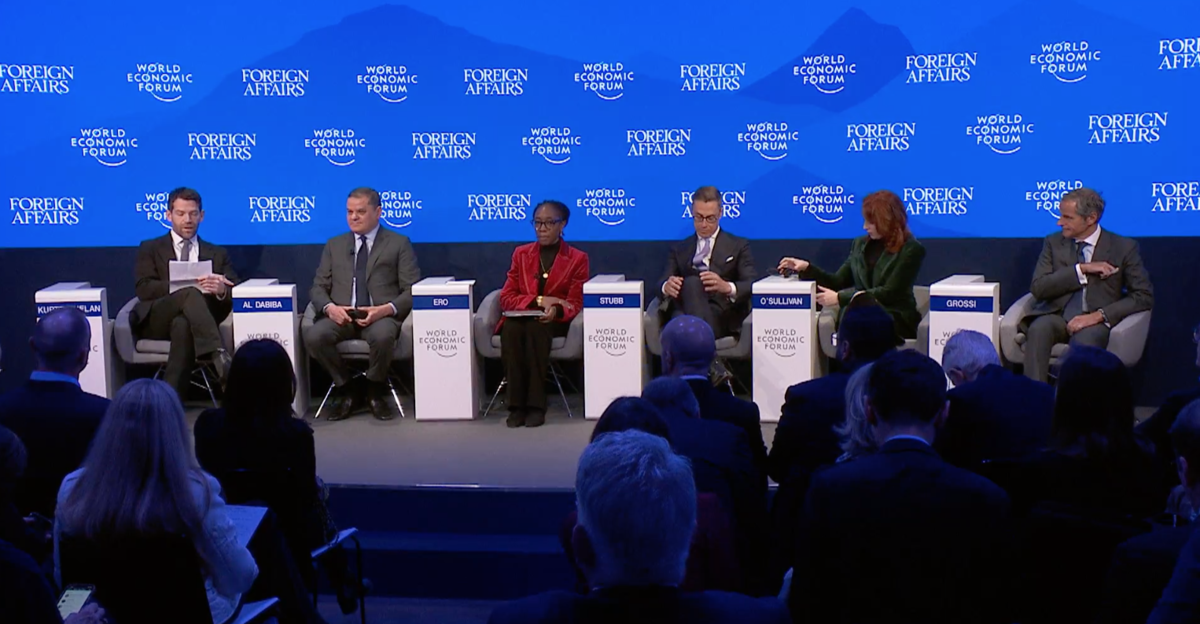UNITED NATIONS: The UN is increasingly concerned about a possible imminent attack on El-Fasher in Sudan’s North Dafur region and is seeking to reduce tensions in the area, a UN spokesperson said on Friday.
War erupted in Sudan one year ago between the Sudanese Army and the paramilitary Rapid Support Forces, creating the world’s largest displacement crisis.
El-Fasher is the last major city in the vast, western Darfur region not under the control of the RSF. The RSF and its allies swept through four other Darfur state capitals last year and were blamed for a campaign of ethnically driven killings and other abuses in West Darfur.
FASTFACT
Donors pledged more than $2 billion for Sudan at a conference in Paris last week.
“The Rapid Support Forces are reportedly encircling El-Fasher, suggesting a coordinated move to attack the city may be imminent. Simultaneously, the Sudanese Armed Forces appear to be positioning themselves,” the UN spokesperson said.
“An attack on the city would have devastating consequences for the civilian population. This escalation of tensions is in an area already on the brink of famine,” the spokesperson said.

UN High Commissioner for Human Rights Volker Turk. (AP)
The spokesperson said UN Secretary-General Antonio Guterres again calls on all parties to refrain from fighting in the El-Fasher area.
He added that his envoy on Sudan, Ramtane Lamamra, was working to de-escalate the tensions.
The fight for El-Fasher, a historic center of power, could be more protracted, inflame ethnic tensions that surfaced in the early-2000s conflict in the region, and reach across Sudan’s border with Chad, say residents, aid agencies, and analysts.
The US on Wednesday called on all armed forces in Sudan to immediately cease attacks in El-Fasher.
Top UN officials warned the Security Council last week that some 800,000 people in El-Fasher were in “extreme and immediate danger” as worsening violence advances and threatens to “unleash bloody intercommunal strife throughout Darfur.”
The UN has said nearly 25 million people, half of Sudan’s population, need aid, and some 8 million have fled their homes.
A UN-backed global authority on food security has said that immediate action is needed to “prevent widespread death and total collapse of livelihoods and avert a catastrophic hunger crisis in Sudan.”
Last week, donors pledged more than $2 billion for Sudan at a conference in Paris.
Earlier on Friday, the UN’s High Commissioner for Human Rights, Volker Turk, also expressed his “grave concern” over fighting near the Sudanese city.
Turk “is gravely concerned by the escalating violence in and around El-Fasher city, North Darfur, where dozens of people have been killed in the past two weeks,” a statement from his office said.
At least 43 people, including women and children, have been killed in fighting between the Sudanese Armed Forces and the Rapid Support Forces since April 14, when the RSF began its advance toward El-Fasher.

























